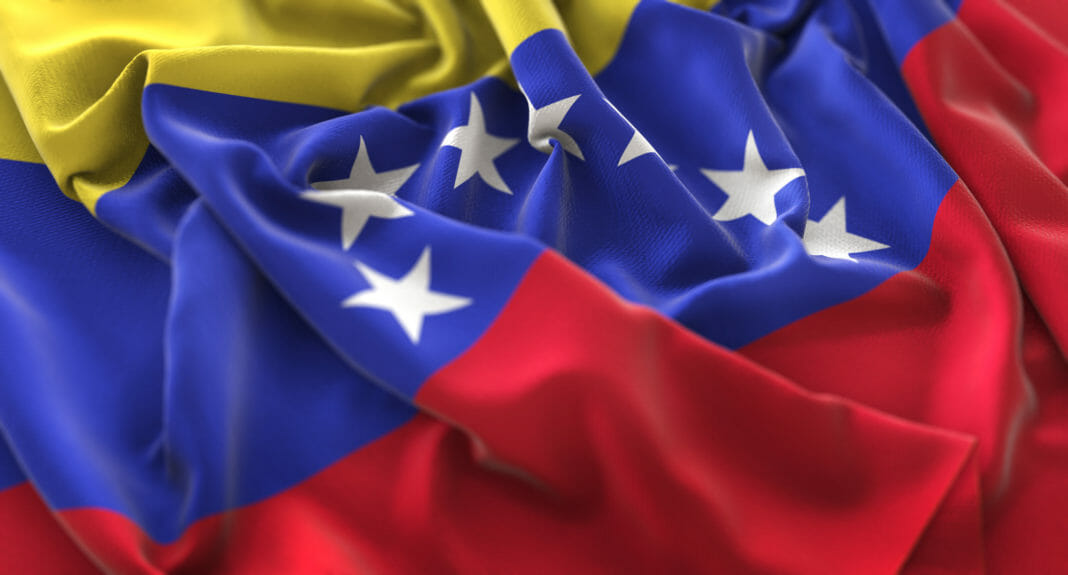Venezuelans tried to fight inflation this year using cryptocurrencies on a scale unprecedented in the country.
For Venezuela, 2021 was a year of considerable change at the microeconomic level, where even more than in 2020, the results of powerful catalysts of change such as COVID-19 were clearly visible.
In a more dynamic economy and with a higher volume of currency operations, cryptocurrencies played a fundamental role during this year for the South American country.
In this review, we will examine the highlights of the Venezuelan cryptocurrency ecosystem in 2021, including related areas such as trading, mining, regulation, and nonfungible tokens.
More people accept cryptocurrencies
According to blockchain analytics firm Chainalysis, Venezuela ranks seventh in the 2021 Global Cryptocurrency Adoption Index, thanks in large part to peer-to-peer (P2P) trading activity.
A notable trend in 2021 was the growing number of people and businesses in Venezuela accepting cryptocurrencies as a form of payment to fend off hyperinflation and devaluation of the national currency, the bolivar, a trend that has plagued the South American nation for the past several years.
In some of the main cities of the country, such as the capital Caracas and Puerto La Cruz, it is increasingly normal to see people or merchants using cryptocurrencies as a form of payment.
The emergence and adoption of cryptocurrency payment platforms, such as Binance Pay, Reserve, or even Valiú, have accelerated the adoption of a digital economy based on cryptocurrencies, without the need for users to have extensive experience or knowledge using them.
Among the most prominent businesses that accept cryptocurrencies in Venezuela are the Simon Bolívar International Airport, the supermarket chain Bio Mercados, several casinos, and even the largest cable television operator in the country. Fast-food chain Church’s Chicken has also started paying bonuses to its employees in Dash (DASH).
Support for legal mining
According to a report from the University of Cambridge, Venezuela ranked among the top 10 countries with the most cryptocurrency mining in early 2021, becoming the first Latin American country to break the top 10.
The country’s high mining ranking was thanks in large part to having the cheapest electricity prices in Latin America since 2018. This makes the Caribbean country attractive for Bitcoin (BTC) mining and the creation of a regulatory framework that protects and guarantees the legal development of the industry.
Despite some cases of seizure of mining equipment, arbitrary disconnections, and arrests of illegal miners, the National Superintendency of Cryptoactives (SUNACRIP, in Spanish) has called on miners to operate legally. In addition, it is looking for mechanisms to provide guarantees of legal stability.
Mid-September 2021, an official government statement ordered law enforcement to refrain from conducting inspections or operations related to monitoring, seizure, or of any other nature that would disrupt cryptocurrency mining.
By mid-November 2021, the fifth official mining meeting took place in the country and SUNACRIP met with more than 150 miners from the region, companies linked to the digital mining sector, cryptocurrency personalities from the Venezuelan ecosystem, and exchanges such as Binance.
Blockchain specialist appointed
At the end of September 2021, Venezuelan President Nicolás Maduro’s regime appointed Román Maniglia, a self-designated specialist in cryptocurrencies and new technologies, as president of the largest bank in that country, Banco de Venezuela.
The appointment of civil servant, introduced in his Twitter bio as a specialist in finance, cryptocurrencies, fintech, and Blockchain, demonstrates Venezuela’s interest in combining traditional financial systems with the new generation of technologies such as blockchain. If this will create more financial stability and improve the lives of Venezuelans remains to be seen.
By Audy Castaneda











